We’ve spent a lot of time talking about ghee on the blog lately. This clarified butter isn’t just an extremely versatile alternative, it’s also deliciously nutty and rich, adding depth of flavor to any savory recipe.
And while yes, ghee is made up of mostly fat, fat is essential for our bodies to function and not the villain it continues to be made out to be. Plus, not only does ghee contain saturated fat, which is very stable for higher heat cooking, but it also contains monounsaturated fats too. The best of both worlds if you ask us!
So let’s talk about this wonder-fat.
What is Ghee Made Of?
In one tablespoon of ghee, you’ll find 8 grams of saturated fat, but you’ll also find vitamins A, E, and D—all great for boosting immunity and giving your skin that extra glow. It also contains butyric acid—a short-chain fatty acid that helps to reduce inflammation and may improve digestive health.
Is Ghee Dairy-free?
Short answer? No, it’s not. Well, kind of…it’s complicated.
Since ghee is a butterfat, it is technically not dairy-free.
BUT (and that’s a big ‘but’), it is lactose-free which is the source of the majority of people’s digestive issues. And that’s because, in order to make ghee, you need to boil down the butter, which removes all of the milk solids during production.
For those who are lactose-intolerant, ghee is safe. If you’re extremely sensitive to dairy, it’s best to experiment to see if ghee may work for you. And since ghee is still made from butter, those who are vegan will need to use another fat alternative not from dairy-products, like coconut oil, avocado oil, or extra virgin olive oil.
Is Ghee Healthy?
Just like butter, ghee contains vitamins A, E, D, and K, plus butyric acid and CLA. It even offers some of these in slightly higher amounts than butter! However, ghee is a fat, after all. Fats add delicious flavors into cooking and are essential for our overall health, but as with anything, aim for moderation In other words? Ghee should be a component of your meal and not the star of the show.
As we’ve mentioned before, opponents of ghee say that because of its high smoke point, the cholesterol found in ghee can become oxidized in the body, which is suspected to be linked to an increased risk of heart disease, among other things. However, there are not enough studies to definitively conclude anything at this time.
Like we’ve mentioned before, Snap Kitchen uses ghee in many of our dishes, like the all-new peppercorn steak, butter chicken, and our chicken tenders with hot honey.
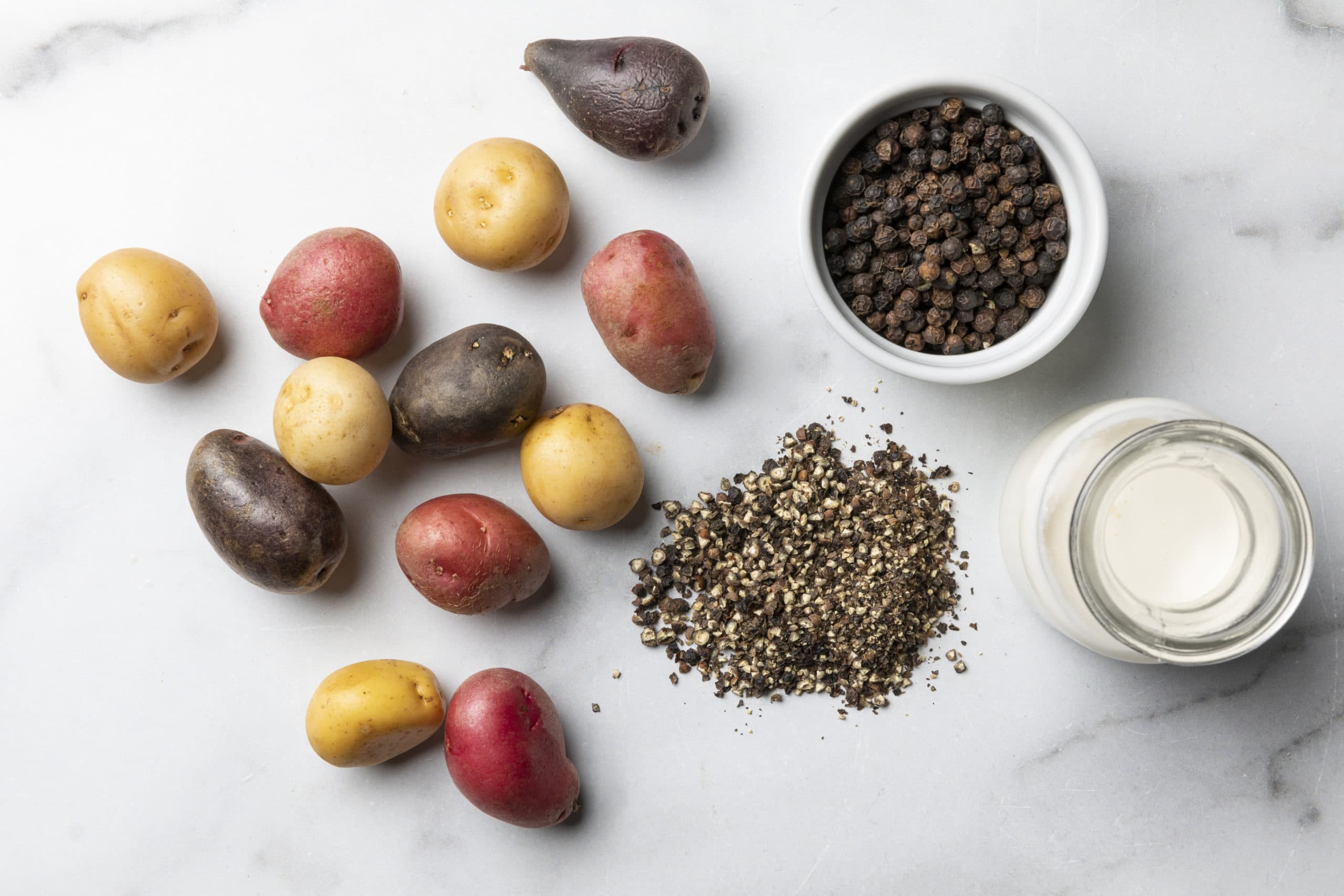
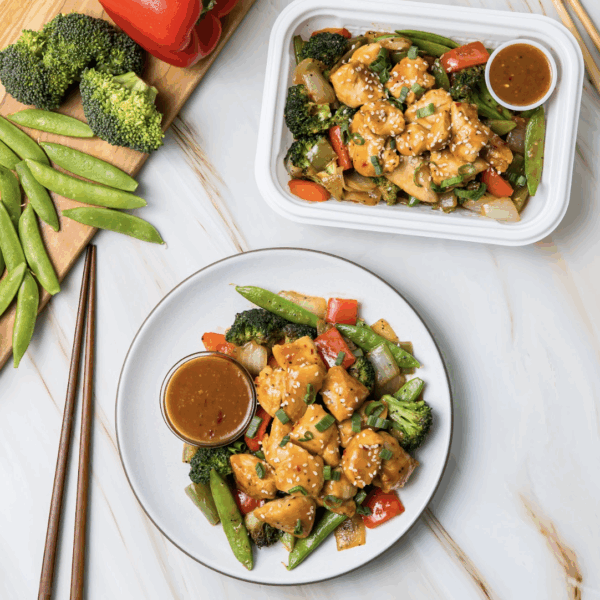
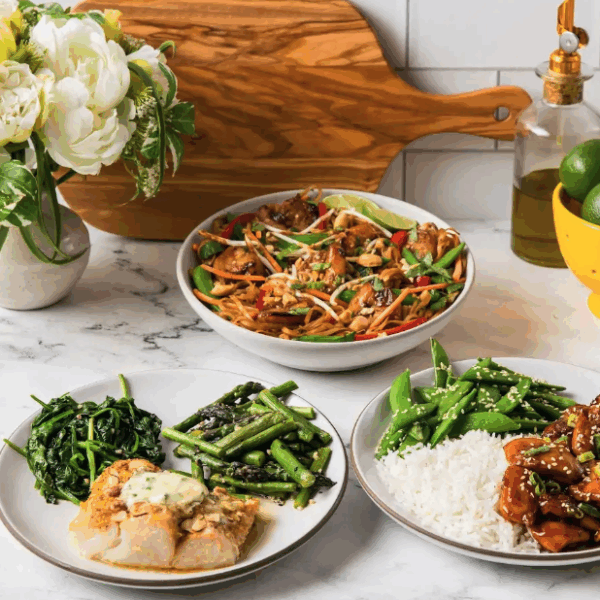
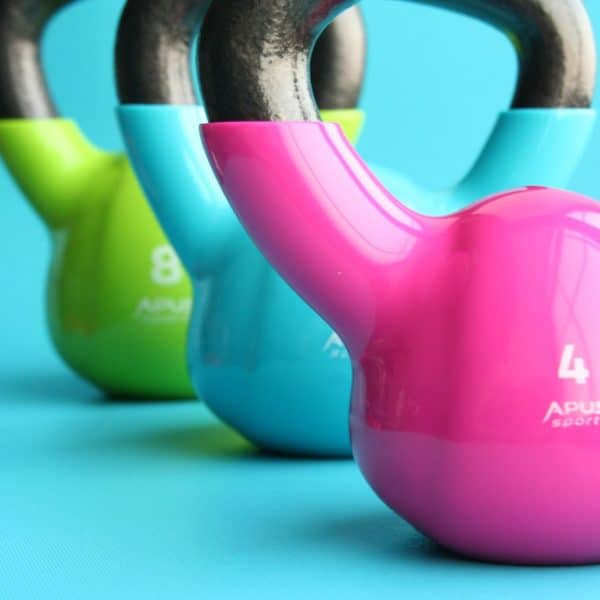
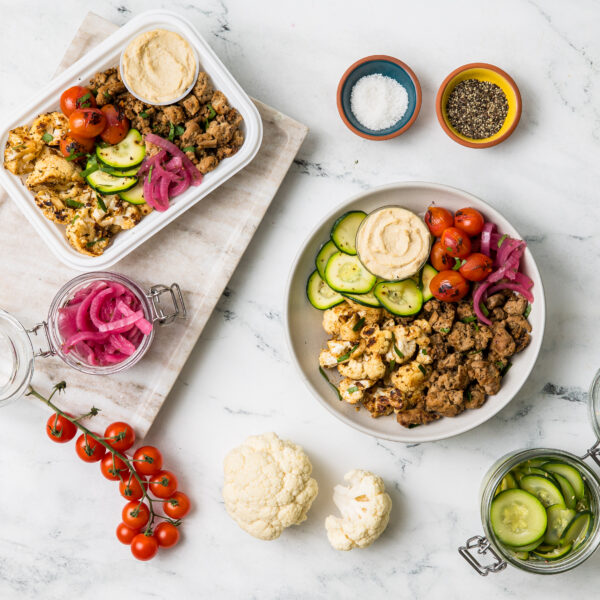
Leave a Reply
No Comments